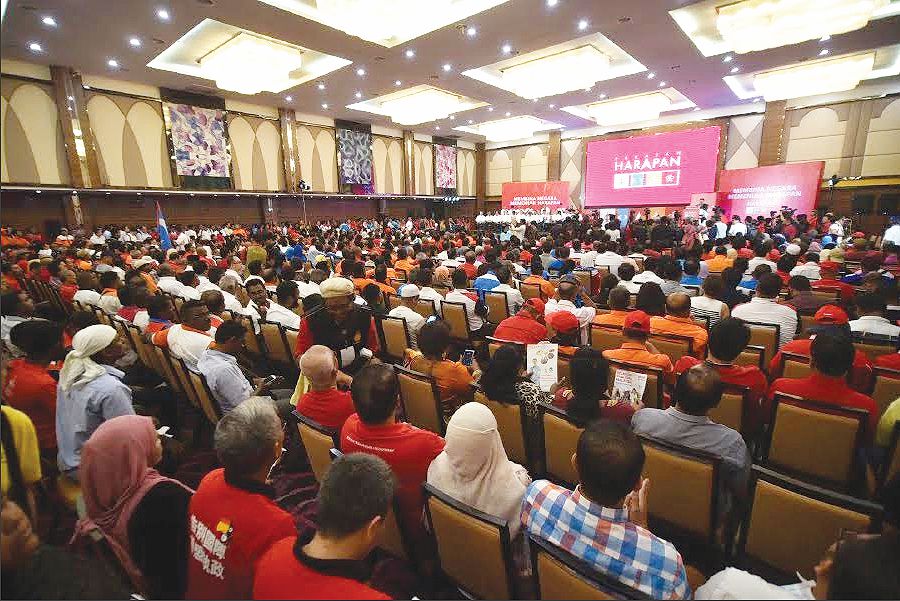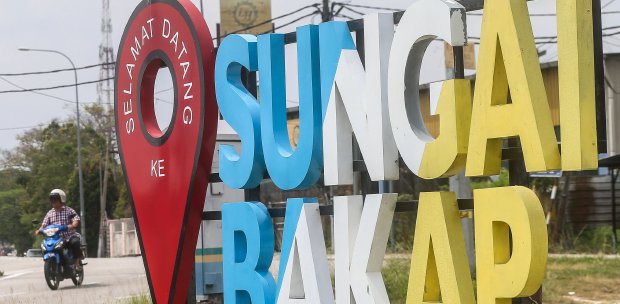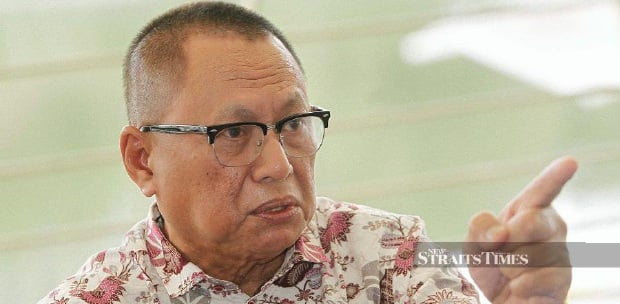With the general election (GE14) looming in Malaysia, what’s in a party manifesto?
They can be brilliant with a largely accurate reading of the electorate’s pulse, or, they can be mediocre based on the rhetoric of fantasy and aspiration as opposed to reality. Further still, they can be agendas of ambivalence, promising this or that, tax giveaway and other handouts, but short on how to pay for them.
Manifestos have a nasty habit of coming back to bite political parties especially when they fail to deliver on the pledges. But, as Donald Trump’s election as United States’ president shows, manifestos are no guarantees to office. Reportedly, Trump violated almost every rule relating to electoral promises. In the end, it was the unlikely combination of America’s antiquated electoral college and a metamorphosis of its traditional Republican/Democrat political culture into a growing cross-party anti-establishment faction that handed Trump the most unlikely of victories.
In Malaysia, party election manifestos traditionally do not carry as much weight as in other countries with the Westminster “first-past-the-post” model, which Malaysia inherited from its British colonial rulers. This is partly because of the dominance of the ruling Barisan Nasional (BN) coalition, which has been in power since independence.
But, it appears GE14 will be an election unlike before. While the rakyat is awaiting Prime Minister Datuk Seri Najib Razak to name the day and for BN to publish its manifesto, there is no doubt that the political stakes are high for BN, Patakan Harapan (the opposition), and for millions of voters.
For the first time in Malaysian electoral history you have an incumbent BN prime minister fighting an election against an opposition, headed by his nonagenarian erstwhile mentor, Tun Dr Mahathir Mohamad, who had been premier for 22 years. So, when PH launched its 194-page GE14 manifesto titled “Book of Hope” in Shah Alam recently, perhaps, predictably, it positioned it as a document of “inclusivity and practicality” as opposed to “populist” — a manifesto of a “government-in-waiting”.
Whether such rhetoric is merely an exercise in hubris or based on sound judgment, only the declaration of results on the evening of polling day would reveal.
No sooner had the 60-point manifesto with its motley of thrusts, commitments, pledges and reforms saw the light of day, Fitch Ratings, one of the Big Three international rating agencies, through its research entity BMI Research, declared in a note that as far as the economy is concerned, PH’s figures simply don’t add up.
Promising to abolish the Goods and Services Tax (GST), increase the minimum wage, control the prices of basic commodities and medicines, review tolls on highways, reintroduce fuel subsidies albeit for targeted groups, and writing off outstanding study loans, may be good headline-grabbing populist politics.
But, as BMI Research stresses, if the pledges are not costed properly with a clear alternative revenue-generating and tax-consolidation strategy, then PH’s plans could “be detrimental” to the Malaysian economy and weaken the country’s business environment making it less business-friendly. One estimate puts the “spending spree” of PH’s manifesto at an additional RM416 billion to the federal debt burden.
GST has been a godsend to the Treasury since its introduction in 2015. It has helped rein in government debt from 3.4 per cent of the gross domestic product in 2014 to 3.0 per cent last year and has cushioned revenue losses due to prolonged low global oil and commodity prices. GST rakes in over RM45 billion a year for Treasury coffers.
As BMI Research contends: “Considering that GST accounts for 17.9 per cent of the government’s revenues, the abolishment of GST would place downside pressures on the government’s revenues. The increasing of subsidy pay-outs would also present additional pressures.”
Short of propagating a “Mickey Mouse economics”, PH needs to explain to voters how its increased expenditure plans would offset the sharp fall in government revenues. Here, it may face a “crisis of credibility” given that upward mobility is a mainstay of the Malaysian economy and that the professional M40 group constitutes just under half of society.
This credibility is further undermined by the recent International Monetary Fund Article IV Consultation which commended BN for its management of the economy. It had also stressed that Malaysia’s economic fundamentals remain strong and surpassed expectations with real GDP estimated at 5.8 per cent for 2017 — “Malaysia’s economy getting closer to achieving high-income status”.
Last Wednesday, Fitch Ratings gave BN another thumbs up by affirming Malaysia’s Long-Term Foreign-Currency Issuer Default Rating at “A” with a “stable outlook”. Fitch warns that “deterioration in fiscal discipline and broader public finances that leads to higher government debt or deficit ratios” and “deterioration in political stability” are two factors that could lead to a negative rating.
The opposition would have to assure voters that its manifesto pledges do not result in a rating downgrade, which would have a direct impact on cost of finance, an would inevitably lead to higher cost of living. PH party secretary Datuk Saifuddin Abdullah is brave when he stressed that provisions in the manifesto have been “successfully” implemented in Selangor and Penang, and thus, can also be successfully implemented nationwide.
Judging by the current governance deficits and shortages in both states such optimism is either misplaced or unrealistic. And, BMI Research’s assertion that PH would be wiser to push institutional reforms, including a two-term limit on the premiership and separating that from the minister of finance, albeit progressive, rings hollow.
Mushtak Parker is an independent London-based economist and writer.






